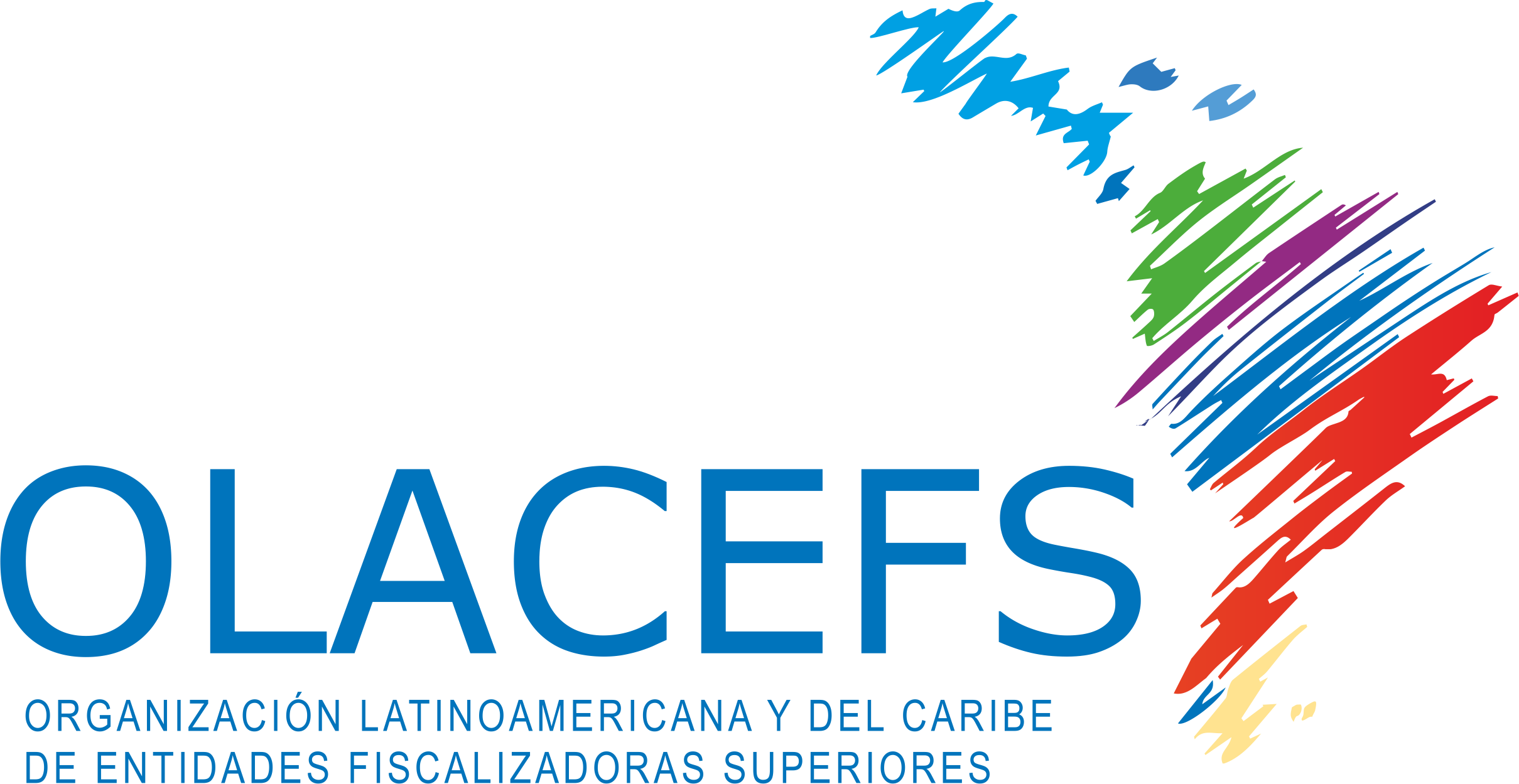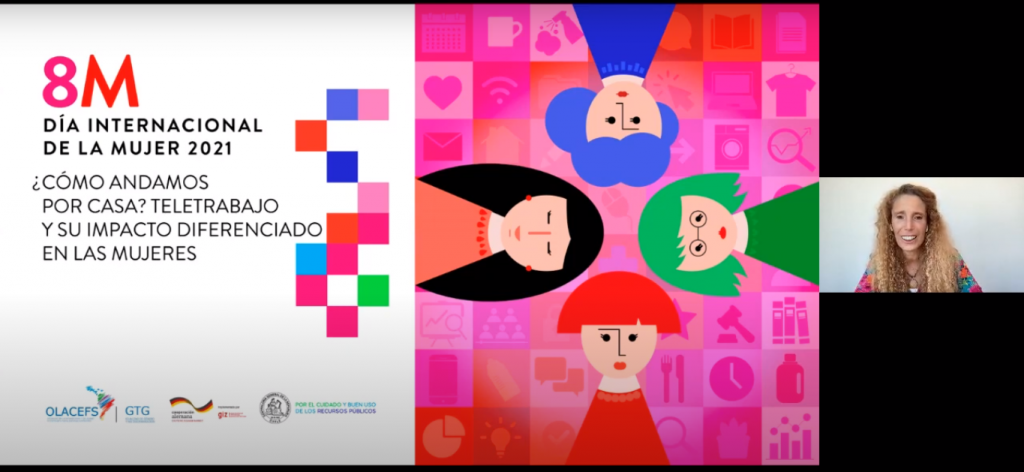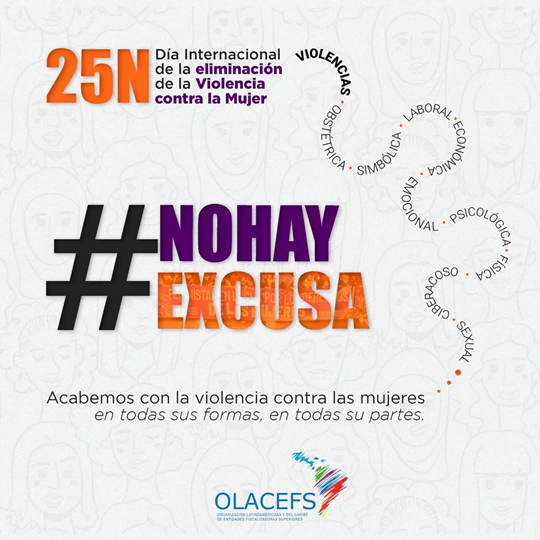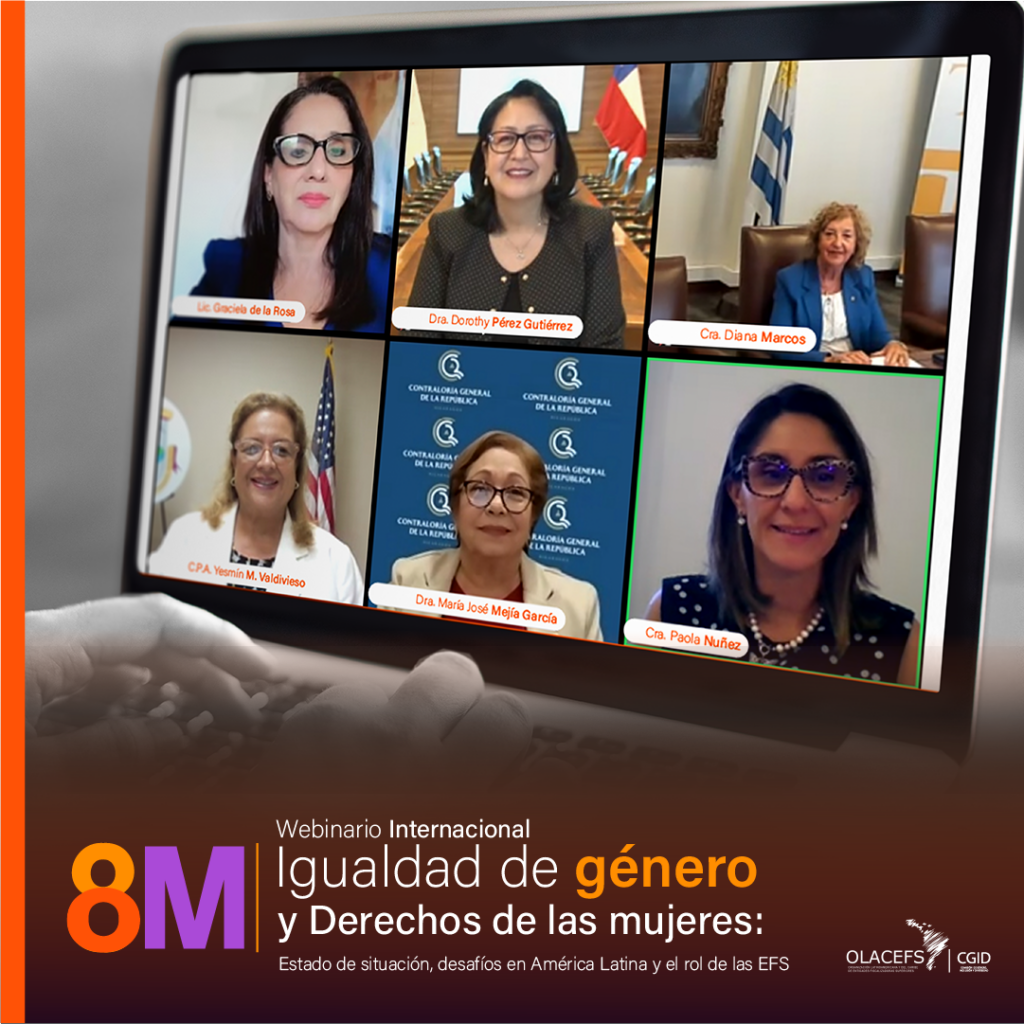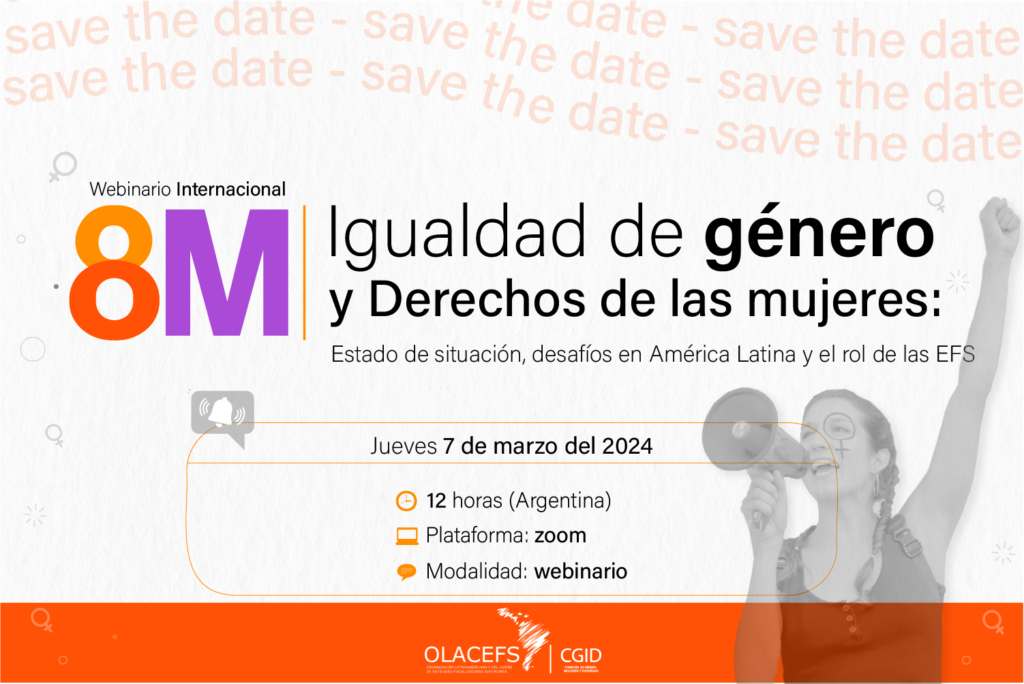The discussion forum “How are we doing at home?” was held with great success. Telework and its differential impact on women, with which we commemorated International Women’s Day.
The Working Group on Gender Equality and Non-Discrimination (GTG) of the Latin American and Caribbean Organization of Supreme Audit Institutions (OLACEFS) presented the results of the survey on the impact of the covid-19 pandemic on the staff of OLACEFS member SAIs in a dynamic discussion forum.
The Comptroller General of Chile and chair of the GTG, Jorge Bermudez, opened the discussion by commenting that the rapid adoption of remote work at home allowed us to continue our work, but meant that our homes were also transformed into makeshift schools and daycare centers, causing disproportionate burdens for women.
At the beginning of the webinar, a video was presented to contextualize and trigger the conversation, summarizing the most striking findings of the survey:
The panel included the participation of María Victoria Giuletti, regional coordinator of the Win-Win Program of the Regional Office for Latin America and the Caribbean of the International Labor Organization (ILO), and Daniela Santana Silva, coordinator of the presidency of the Working Group on Gender Equality and Non-Discrimination OLACEFS. It was moderated by Osvaldo Rudloff, Executive Director of OLACEFS,
The ILO representative stressed that “crises generally affect the most vulnerable groups. Women have been greatly affected” and added that one of the greatest effects has been that many of them have been left out of the labor market and, if they have kept their paid jobs, they have suffered a significant increase in unpaid work.
During the conversation, the GTG coordinator detailed the results of the survey which showed that in OLACEFS entities there is equivalence in the time dedicated to paid work (9.7 hours per day), but that there is an asymmetry in the time that female employees dedicate to unpaid work. This difference in unpaid work is 42 hours per month, which means that women work one working week more per month than men, who use this time for leisure and rest.
